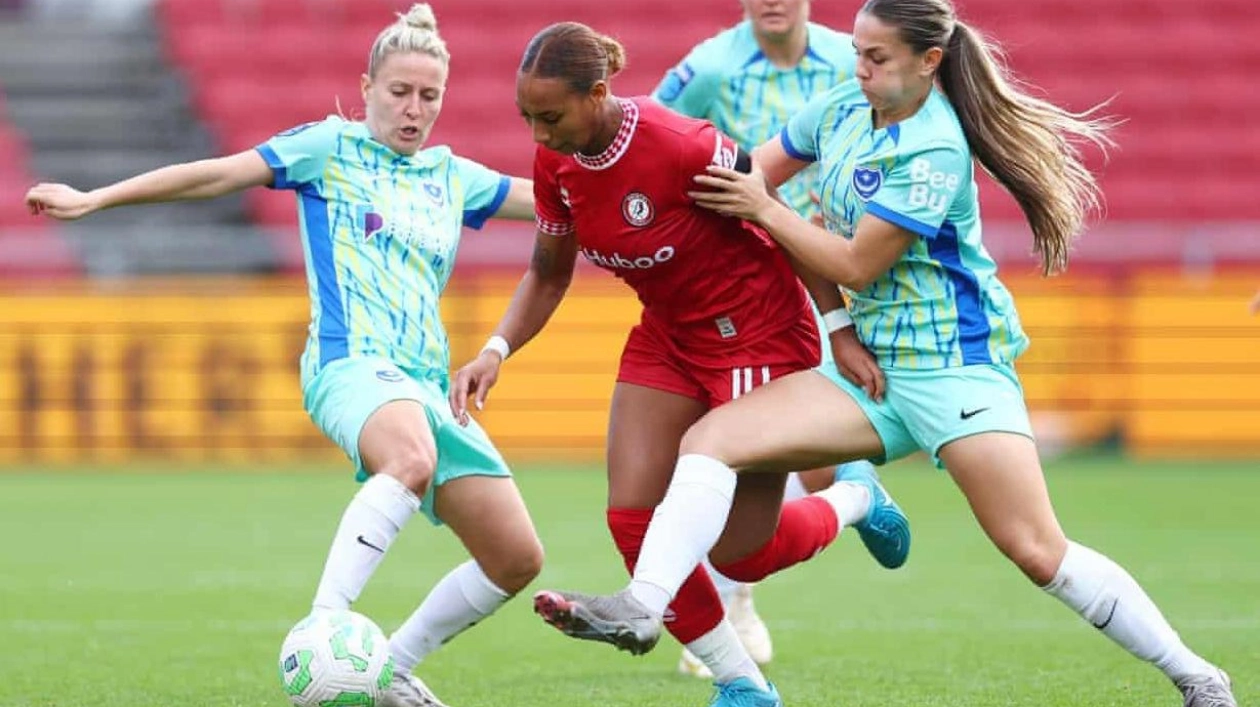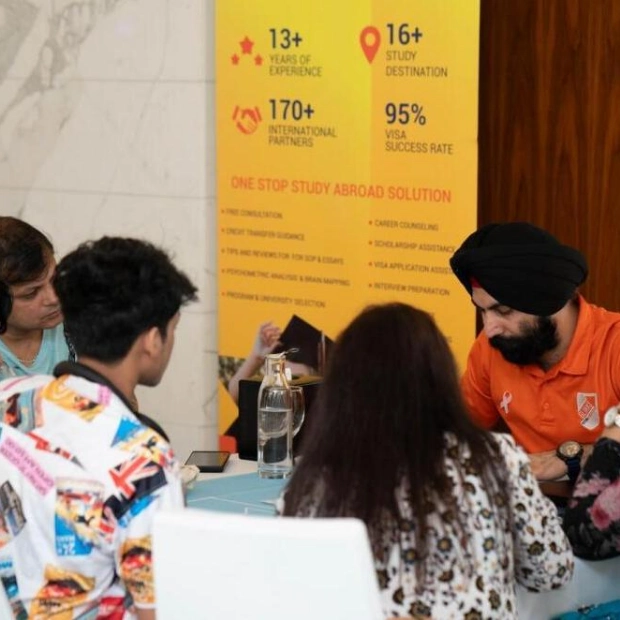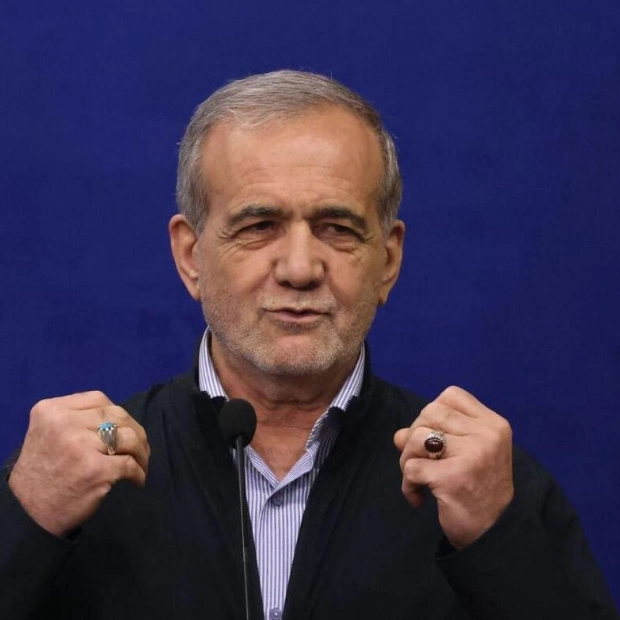Bristol City has unveiled a comprehensive strategy aimed at transforming the club into the preferred destination for England's most promising young women's football players, while also generating revenue through player transfers. This innovative three-year plan for the Women's Championship club, which was a founding member of the Women's Super League in 2011, seeks to inspire their community by offering a clear pathway to national team representation. The club envisions that the recent surge in transfer fees within the global women's football market will finally make their model of nurturing young talent and selling them on a viable financial strategy for the first time in women's football history.
The new strategy, which outlines a series of goals to be achieved by 2027, notably omits on-pitch targets such as specific trophies or league positions. Instead, the club's numerous objectives include having a player in every England youth international age group, doubling sponsorship revenue, and increasing attendances by ensuring their squad collectively engages in over 100 community activities per season, with a focus on long-term growth.
Gavin Marshall, the Bristol Sport group chief and chairman of the women's team, highlighted the significance of the recent sale of England youth international defender Naomi Layzell to Manchester City, which marked a financial breakthrough for the club. 'We haven't been rewarded for that, historically. We've had a number of players go for no fee,' Marshall said. 'But Naomi Layzell was a fantastic story for everyone. She went for a six-figure fee to Man City. We're immensely proud of the journey Naomi has been on, but it's the first time where we can sit back and be totally pleased that we've been treated fairly by the system. We have been compensated for our development of Naomi.'
Internally, the club is now focused on finding the 'next Naomi'. Marshall added, 'I wouldn't have thought 12 months ago that we'd be able to sell a player for a six-figure sum. We see the market changing, with some of the fees that are being paid, and we can see now a pathway for sustainability where we produce these players and we're going to start being rewarded for developing them.'
Bristol City's strategy document emphasizes that 'player trading will be a new revenue-driving focus for the club', but they also feel a strong sense of duty to their local area to develop homegrown talent that could represent the England national team. Romaney Pinnock, the club's first head of women's football, appointed in August, believes that Bristol City has the opportunity to shape the futures of many young people through their women's teams. 'We can change the narrative around what girls can aspire to, what girls can become, what female leadership can look like and what strong female bodies look like. This is critical not just for girls and women in our communities, but for boys and men too,' she said.
The club's plans also include ambitious targets for attendances at Ashton Gate, the ground they share with their men's team and Bristol Bears rugby club. Despite a significant drop in attendances since their relegation from the WSL, the club aims to increase season ticket sales by 10% annually and attract 2,000 new fans each year, including 1,000 new fans under 12. To achieve this, all players will be required to make a minimum of six community appearances per year. Pinnock believes that by working closely with the community, they can introduce a younger generation to the women's game and create lifelong fans.
Bristol City's strategy includes a commitment to delivering more player appearances than any other professional women's football team in the UK and employing women's football experts across their organization. Marshall describes their values as 'maverick and progressive'. On the pitch, the team is currently sixth in the Championship but has won three consecutive league fixtures under new head coach Steve Kirby. By 2027, the club's off-pitch success will be a fascinating case study relevant to the sustainability of the women's game.
Source link: https://www.theguardian.com






